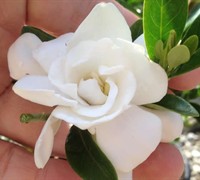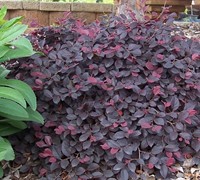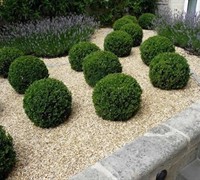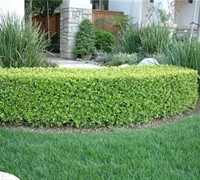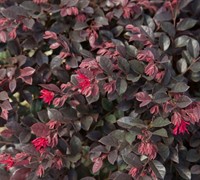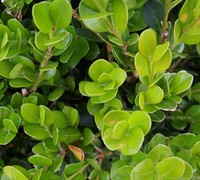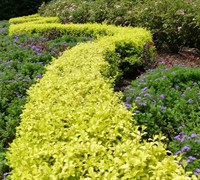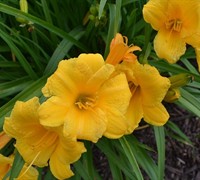Pioneer Species
Pioneer plants are hardy species who are typically the first plants to colonize bare or devastated ecosystems. The ecosystems may be bare because of 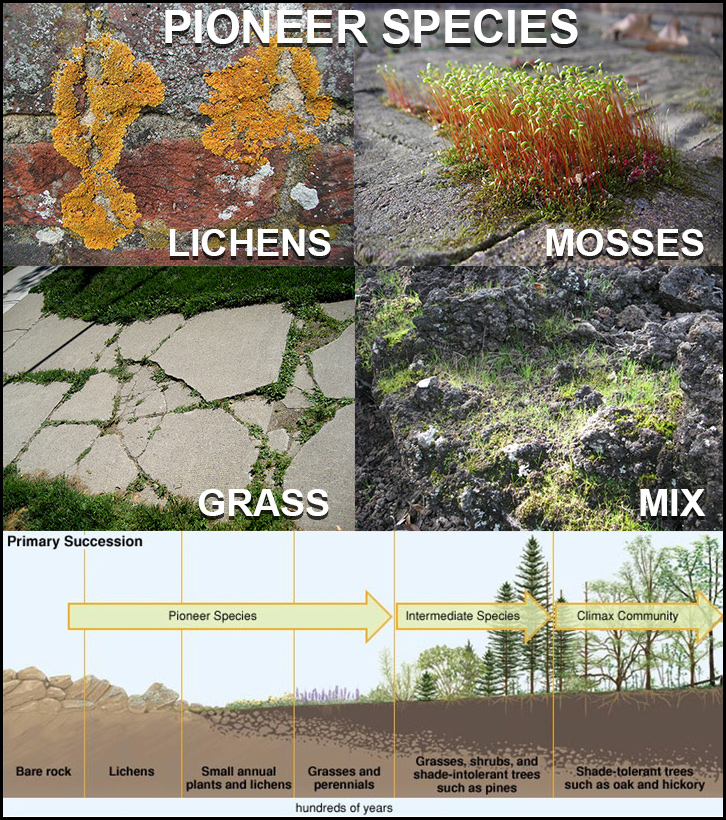 disruption (e.g. clearcut logging) or damage (e.g. wildfire) or simply a previously unsettled stretch of barren rock. Pioneer plants also work their way into rocky areas not previously habited by plant life. Pioneer plants are very important. They begin a chain of ecological succession that ultimately leads to a more diverse ecosystem supporting many organisms. Pioneer plants have certain characteristics that allow them to enter and thrive damaged areas. They grow rapidly, produce large amount of small, easily dispersible seeds, and they have the ability to germinate in open areas.
disruption (e.g. clearcut logging) or damage (e.g. wildfire) or simply a previously unsettled stretch of barren rock. Pioneer plants also work their way into rocky areas not previously habited by plant life. Pioneer plants are very important. They begin a chain of ecological succession that ultimately leads to a more diverse ecosystem supporting many organisms. Pioneer plants have certain characteristics that allow them to enter and thrive damaged areas. They grow rapidly, produce large amount of small, easily dispersible seeds, and they have the ability to germinate in open areas.
One of the hardiest colonizers which specializes in growing in rocky habitats with little or no soil is not actually a plant. The lichen is a combination of two different species – an algae or cyanobacteria living among filaments of a fungus in a symbiotic relationship. The algae or cyanobacteria has the ability to use photosynthesis to create food (carbohydrates) from the sun’s energy, eliminating the need for roots and soil. The fungi provides an anchor, protection, and help gathering moisture and trace minerals. Lichens can grow on rocks, bark, leaves, mosses, on other lichens, walls, gravestones, roofs, exposed soil surfaces, on arctic tundra, in the desert, on rocky coasts, and even in toxic slag heaps and inside solid rock (growing between the grains)! Lichens are usually the first organism to settle in places without soil, and chemicals produced by the lichens can help to weather rocks and create soil which allow plants to move in later. Lichens can even been found growing on our buildings, slowly working to deteriorate and degrade the stone into soil given enough time.
In areas that already contain limited soil, or in which lichens have created a small amount of soil over time, pioneer plants will take hold. Mosses are usually among the earliest pioneer plants. Although some lichens may have the word “moss” in their name (e.g. reindeer moss), they are not true plants. A true moss is a small, flowerless, avascular plant. There are many different types of mosses which can grow in many different types of areas: rocks, exposed mineral soil, disturbed soil, acid soil, calcareous soil, cliff seeps, waterfall spray areas, stream sides, downed logs, burnt stumps, tree trunk bases, upper tree trunks, and on tree branches. Repeated cycles of growth and death of lichens and mosses can eventually produce enough soil for larger plants to take root.
In areas where sufficient soil exists, annual grasses are the next pioneer plant to take hold, gradually being replaced by perennial grasses. The type of grass may depend on the nature of the barren area and the geographic location. There are about 780 genera of grass divided into over 12,000 different species. Grasses (which are angiosperms) are among some of the most successful plants on the planet. In grasslands such as the savannah or prairie, grasses remain the dominant plant form. In other areas, the grass gives way to shrubs followed by fast growing evergreens. In areas that are eventually dominated by forest, the slow-growing hardwood trees are the last to move into the area. A climax community is the final or stable ecosystem that develops after an extended period of time. Such beautiful and important areas such as the climax hardwood forests of North America would not have been possible without the early work of pioneer species such as lichens, moss, and grass. So the next time you are weeding your garden and feel like you are constantly fighting against invading grasses and other small weedy annuals, just remember that you are witnessing firsthand the work of a pioneer species trying to move into a new area… even if that “area” happens to be your nicely manicured landscape!

